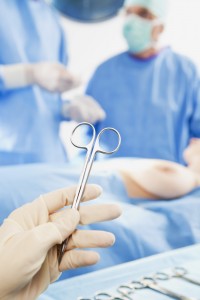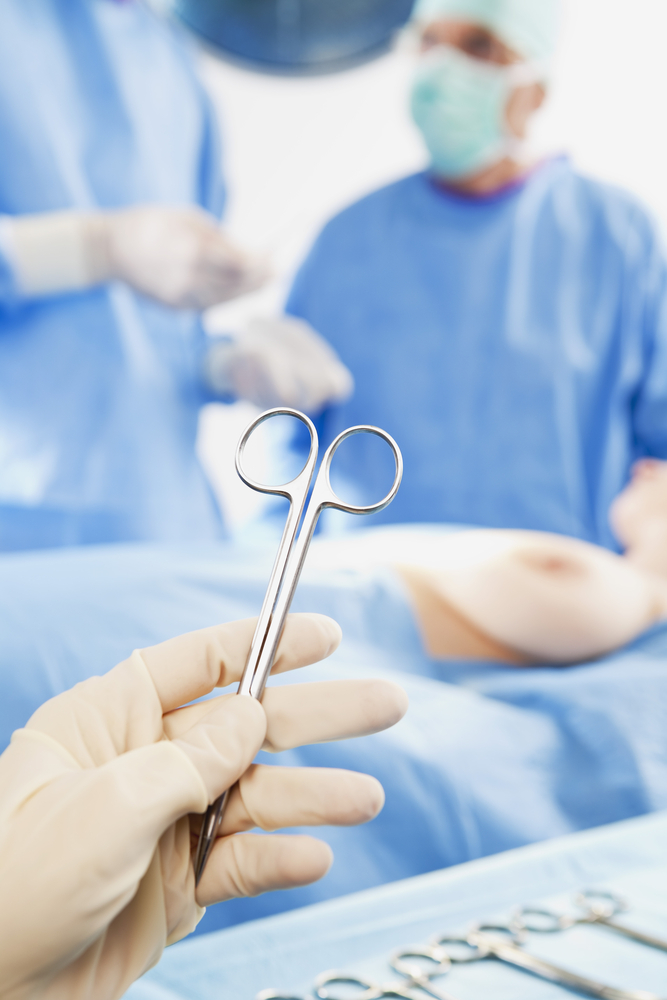 More than 8% of women who decide to remove their healthy breast when suffering from breast cancer remain satisfied with their decision 10 to 20 years after the procedure, according to a recent study published in the Annals of Surgical Oncology, led by Dr. Judy Boughey, a breast surgeon at the Mayo Clinic.
More than 8% of women who decide to remove their healthy breast when suffering from breast cancer remain satisfied with their decision 10 to 20 years after the procedure, according to a recent study published in the Annals of Surgical Oncology, led by Dr. Judy Boughey, a breast surgeon at the Mayo Clinic.
Elective double mastectomy is a patient’s choice, and 70% of women who decide to do it don’t have a family history of breast cancer or a positive genetic test for the risk genes.
Patients who suffer from unilateral breast cancer need to decide whether to undergo a lumpectomy and radiation, removing one or both breasts, or to undergo a breast reconstruction procedure after the mastectomy.
The results of this study demonstrate that after 10 years of the procedure, 8% of the women reported satisfaction about the decision and 84% said they would make the same choice. From these women, two thirds decided to undergo breast reconstruction and 73% said that they would decide the same way about a second procedure.
The researchers conducted the same questionnaire 20 years after the procedures and demonstrated that 92% of the women continued to be satisfied about their choices. The researchers found it particularly interesting that while the majority of women were happy about their decision, whether it involved breast reconstruction or not, the ones that decided not to have reconstructive surgery were more likely to say they would choose to have a double mastectomy again.
“I think what this study does is adds some literature to the hands of the people counseling patients to say, ‘Whatever decision you make, you’re very likely to be happy with that in the long run, so listen to yourself, and make the decision that’s best for you,” Dr. Boughey said in a Mayo Clinic press release.
The authors also noted that there is no confirmed data about the results of a double mastectomy in the average life expectancy of breast cancer patients, compared with the ones who decide to remove just one breast. Boughey surveyed 621 women who suffered from unilateral breast cancer and underwent double mastectomies between 1960 and 1993, in order to assess how these patients feel about their decision.
“When we’re counseling women considering having the other breast removed, it’s a very complex and multilayered discussion. Obviously the risk of developing a new cancer in that breast has to be part of that discussion, but the literature shows that the risk for the other breast is really not that high, and that from a medical standpoint we don’t need to recommend that approach,” Boughey noted.
[adrotate group=”3″]
Boughey revealed that despite the fact most women who had breast reconstructions reported satisfaction about their decisions, the women that needed additional operations due to complications or other reasons were more likely to regret their double mastectomy, leading the team to conclude that “much of what drives removal of the other breast is patient anxiety, which feeds into patient quality of life, and it is also important to consider breast symmetry from a cosmetic standpoint.”
Most women who underwent reconstructive surgeries also reported that they felt as feminine as before. In addition, the reconstructive surgery group was the one that reported a slightly higher satisfaction with appearance, self-esteem and feeling more feminine.
The Mayo Clinic conducted an interview with Dr. Boughey about the results.

